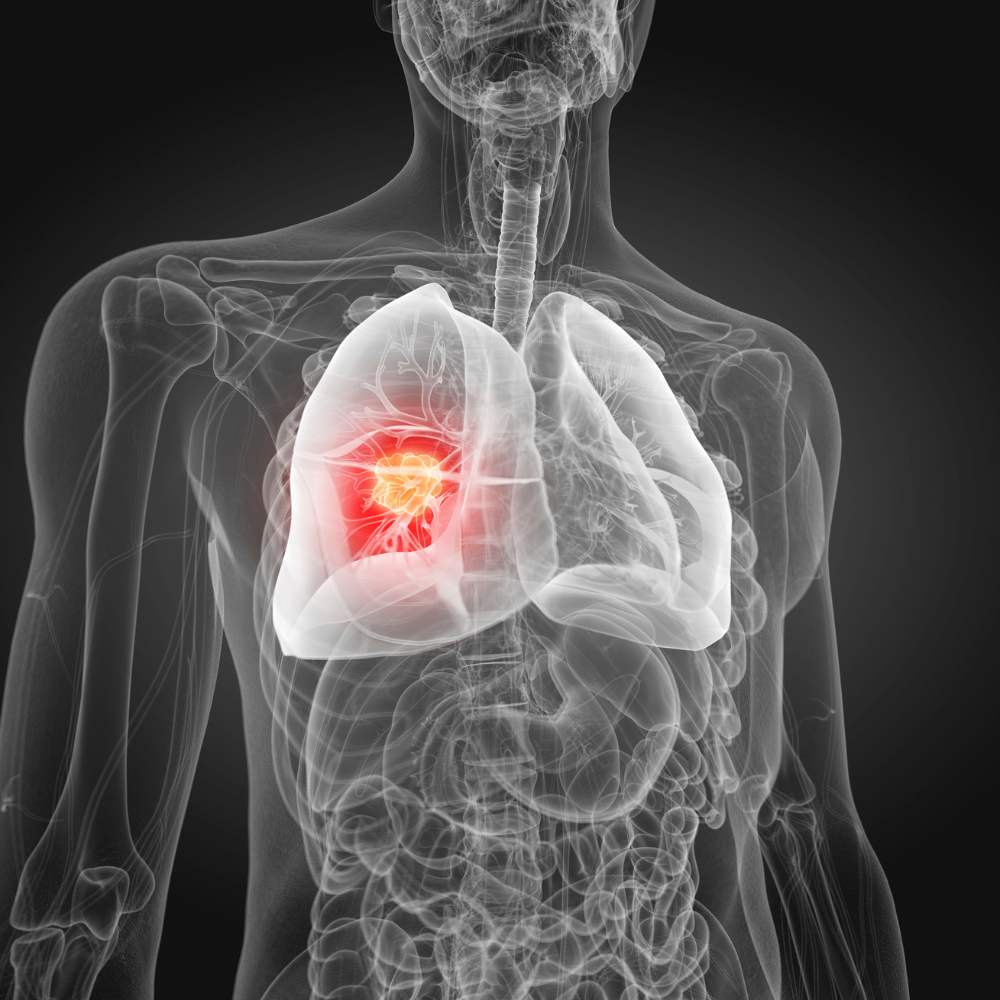
Lung cancer remains one of the most formidable challenges in oncology. Despite advances in traditional treatments like surgery, radiation, and chemotherapy, the prognosis for many patients with advanced lung cancer remains grim. Enter immunotherapy for lung cancer—a revolutionary approach that leverages the body’s immune system to combat cancer cells. This innovative therapy offers new hope, especially for those battling lung cancer.
Immunotherapy, in essence, harnesses the body’s immune system to identify and destroy cancer cells. Unlike conventional therapies, which directly target cancer cells, immunotherapy activates the immune system to recognize cancer as a threat and eliminate it. This method includes several approaches, such as checkpoint inhibitors, CAR-T cell therapy, and the emerging CAR-NK cell therapy.
Checkpoint inhibitors are perhaps the most well-known form of immunotherapy. These drugs target specific proteins that act as “checkpoints” on immune cells. Normally, these checkpoints prevent immune cells from attacking normal cells in the body. However, cancer cells often exploit these checkpoints to evade the immune system. By blocking these checkpoints, checkpoint inhibitors enable immune cells to attack cancer cells more effectively.
One significant breakthrough in this field is the use of PD-1/PD-L1 inhibitors. Drugs like pembrolizumab (Keytruda) and nivolumab (Opdivo) have shown remarkable efficacy in treating non-small cell lung cancer (NSCLC). Studies have demonstrated that these drugs can significantly improve survival rates in patients with advanced NSCLC, particularly those with high levels of PD-L1 expression on their tumor cells.
Another exciting avenue in immunotherapy is the development of personalized cancer vaccines. These vaccines are designed to stimulate the patient’s immune system to attack specific antigens found on their cancer cells. While still in the experimental stages, personalized vaccines hold the promise of a highly targeted therapy approach, potentially leading to better outcomes with fewer side effects.
Chimeric Antigen Receptor (CAR) T-cell therapy has gained considerable attention for its success in curing certain blood cancers. In this therapy, T cells are extracted from a patient, genetically modified to express a CAR that targets a specific protein on cancer cells, and then reinfused into the patient. The modified T cells can then seek out and destroy cancer cells with precision.
While CAR-T cell therapy has been revolutionary for hematological malignancies, its application to solid tumors, including lung cancer, has been more challenging. However, ongoing research is exploring ways to overcome these challenges, such as enhancing the persistence and homing abilities of CAR-T cells to effectively target solid tumors.
Among the various forms of immunotherapy, CAR-NK (Chimeric Antigen Receptor Natural Killer) cell therapy is emerging as a promising therapy for lung cancer. Natural Killer (NK) cells are a type of immune cell capable of destroying cancer cells without the need for prior sensitization. They provide a rapid response to infected or transformed cells, making them an attractive option for cancer immunotherapy.
CAR-NK cell therapy involves genetically modifying NK cells to express CARs that recognize specific antigens on cancer cells. This approach combines the innate killing ability of NK cells with the targeted precision of CARs. Unlike CAR-T cells, CAR-NK cells are less likely to cause severe side effects like cytokine release syndrome, which can be life-threatening.
Recent studies have shown that CAR-NK cells can be effective against solid tumors, including lung cancer. These findings suggest that CAR-NK cell therapy could become a viable option for patients with lung cancer, offering a new ray of hope for those with limited options.
The future of immunotherapy for lung cancer looks promising, with numerous clinical trials underway to explore its full potential. Researchers are continually seeking to improve the efficacy and safety of these therapies. For instance, combining immunotherapies with other treatment modalities like chemotherapy, radiation, or targeted therapies is being investigated to enhance overall outcomes.
One notable clinical trial is the CheckMate 227 study, which evaluated the combination of nivolumab and ipilimumab (a CTLA-4 inhibitor) in patients with advanced NSCLC. The results showed a significant improvement in overall survival compared to chemotherapy alone, highlighting the potential benefits of combination immunotherapy.
Immunotherapy represents a paradigm shift in the care of lung cancer. From checkpoint inhibitors and personalized vaccines to groundbreaking CAR-T and CAR-NK cell therapies, these innovative approaches offer new avenues for combating this deadly disease. As research continues to advance, the hope is that immunotherapy will provide more effective and durable therapy options for lung cancer patients, ultimately improving their quality of life and survival rates.
Liu, E., Marin, D., Banerjee, P., Macapinlac, H. A., Thompson, P., Basar, R., … & Rezvani, K. (2020). Use of CAR-Transduced Natural Killer Cells in CD19-Positive Lymphoid Tumors. New England Journal of Medicine, 382(6), 545-553. https://doi.org/10.1056/nejmoa1910607
Hellmann, M. D., Paz-Ares, L., Bernabe Caro, R., Zurawski, B., Kim, S. W., Carcereny, E., … & Reck, M. (2019). Nivolumab plus Ipilimumab in Advanced Non–Small-Cell Lung Cancer. New England Journal of Medicine, 381(21), 2020-2031. https://doi.org/10.1056/nejmoa1910231
Maus, M. V., & June, C. H. (2016). Making better chimeric antigen receptors for adoptive T-cell therapy. Clinical Cancer Research, 22(8), 1875–1884. https://doi.org/10.1158/1078-0432.ccr-15-1433

The foremost Cancer Therapy is here.
;
;